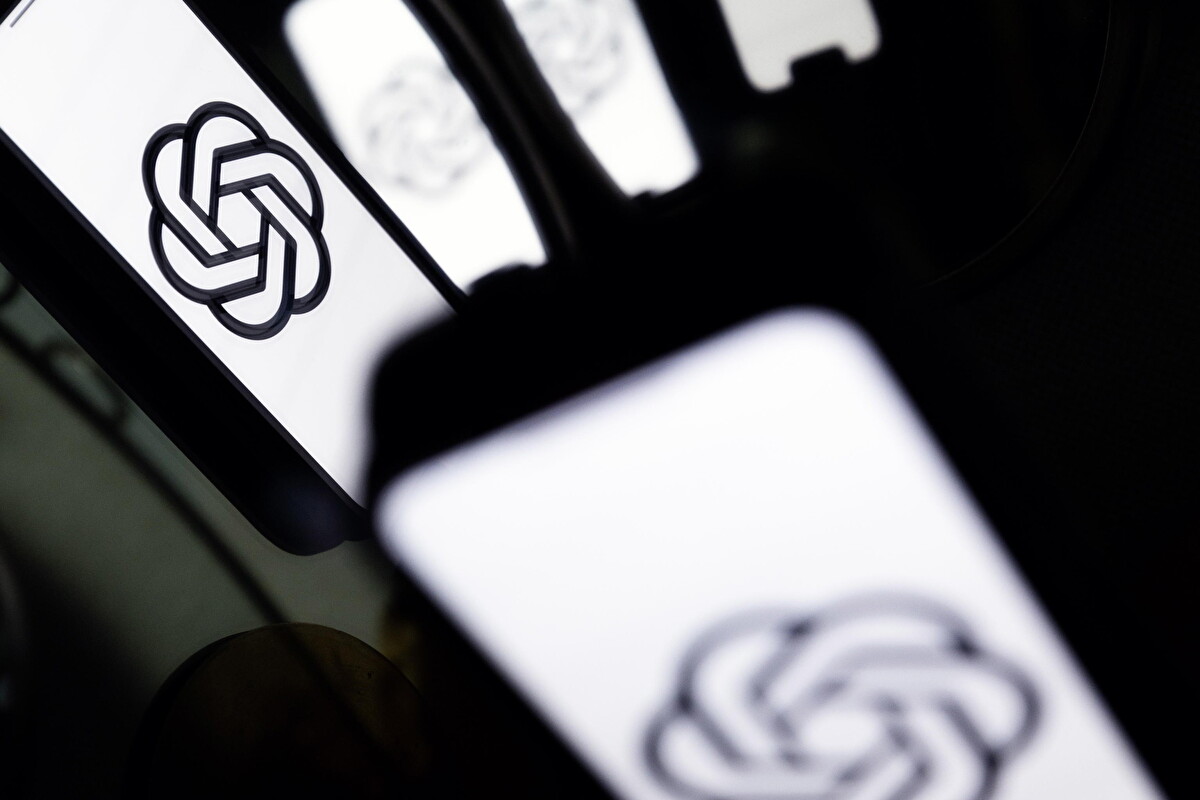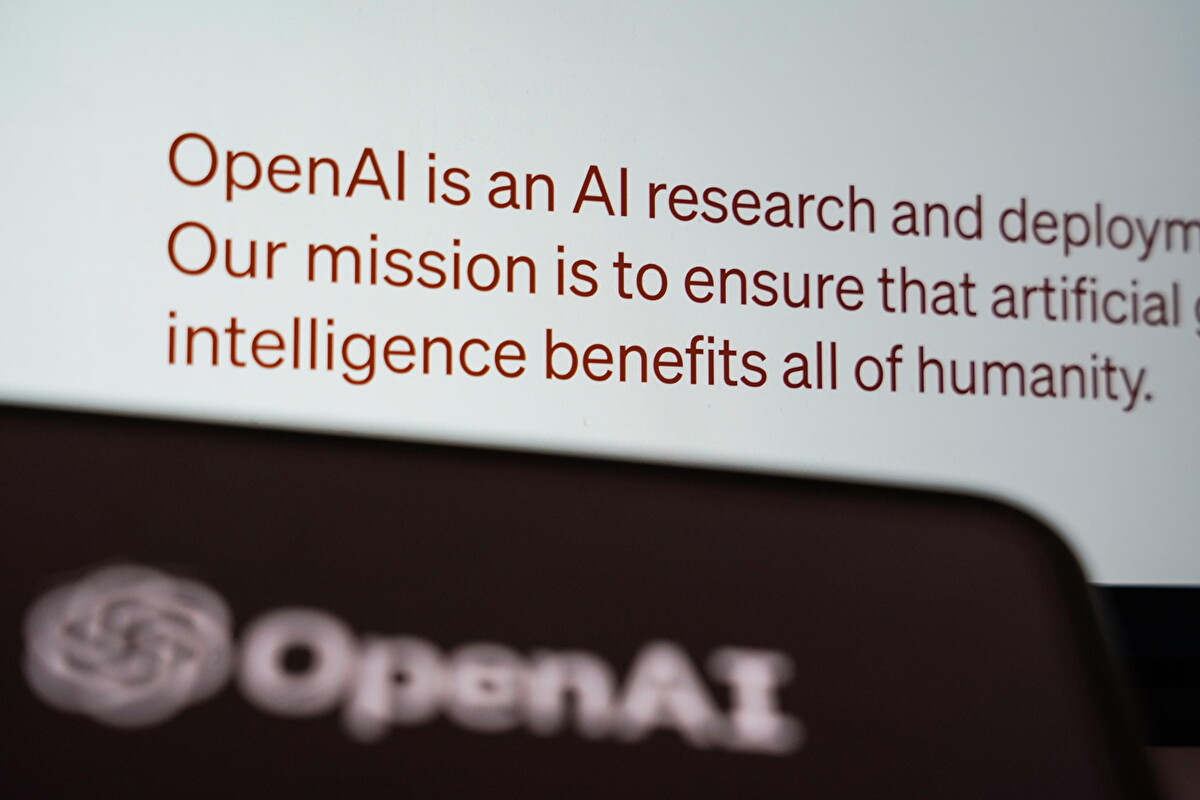Cancer rates among adults under 50 are on the rise, and that is setting off alarm bells in the medical community. A new report from the American Association for Cancer Research (AACR) focused specifically on breast and colorectal cancers, which have been spiking in younger populations over the last few decades. Researchers now believe alcohol consumption may play a larger role in these increases than previously thought.
A striking 40% of all cancer cases, according to the report, can be traced to risk factors people have the power to control. These include not just alcohol, but also smoking, poor diet, lack of exercise, and exposure to environmental toxins. Yet, alcohol has now entered the spotlight as a potentially underappreciated cancer risk, especially given the outdated perception that moderate drinking—such as a glass of red wine a day—might offer heart-health benefits.
Recent research has flipped the script on alcohol’s so-called benefits. A massive study out of the U.K. followed more than 135,000 older adults for over a decade and found no heart-health boost for moderate drinkers compared to those who drink only occasionally. What it did find, however, is that both moderate and light drinkers had higher cancer death rates.
Jane Figueiredo, an epidemiologist at Cedars-Sinai Medical Center and a contributor to the AACR report, is alarmed. “More than half of people don’t know that alcohol increases your risk of cancer,” she said, adding that the belief in red wine’s cardiovascular benefits is a myth that distracts from the bigger picture. “There are plenty of other ways to keep your heart healthy, and alcohol’s cancer risks far outweigh any supposed advantages for your heart.”
So just how dangerous is drinking when it comes to cancer? According to the AACR’s data, alcohol was behind more than 5% of all cancer diagnoses in the U.S. in 2019. That’s about one in every 20 cancer cases, with alcohol being a known risk factor for six different cancer types, including breast, liver, and colorectal cancers. However, public awareness remains low—particularly among younger people. Fewer than one-third of women aged 18 to 25, for example, are aware that alcohol can increase their risk of breast cancer.
What’s especially concerning is the spike in cancers among adults in their 30s. Between 2010 and 2019, cancer rates for this group surged, particularly for breast, thyroid, colon, and rectal cancers. Colorectal cancer, often thought of as an older person’s disease, is now rising at alarming rates in adults under 50: early-onset colorectal cancer increased by nearly 2% each year from 2011 to 2019.
The report also highlights how alcohol disrupts the body’s microbiome—the ecosystem of bacteria, fungi, and viruses that live within us—and may contribute to cancer development through its impact on gut health.
In women, the risks associated with alcohol are even more pronounced when it comes to breast cancer. Alcohol can elevate estrogen levels, a hormone that fuels many types of breast cancer. Pregnant women are advised to avoid alcohol for a host of reasons, but now there’s another to add to the list: drinking during pregnancy, even in moderation, increases the risk of childhood leukemia in the baby.












